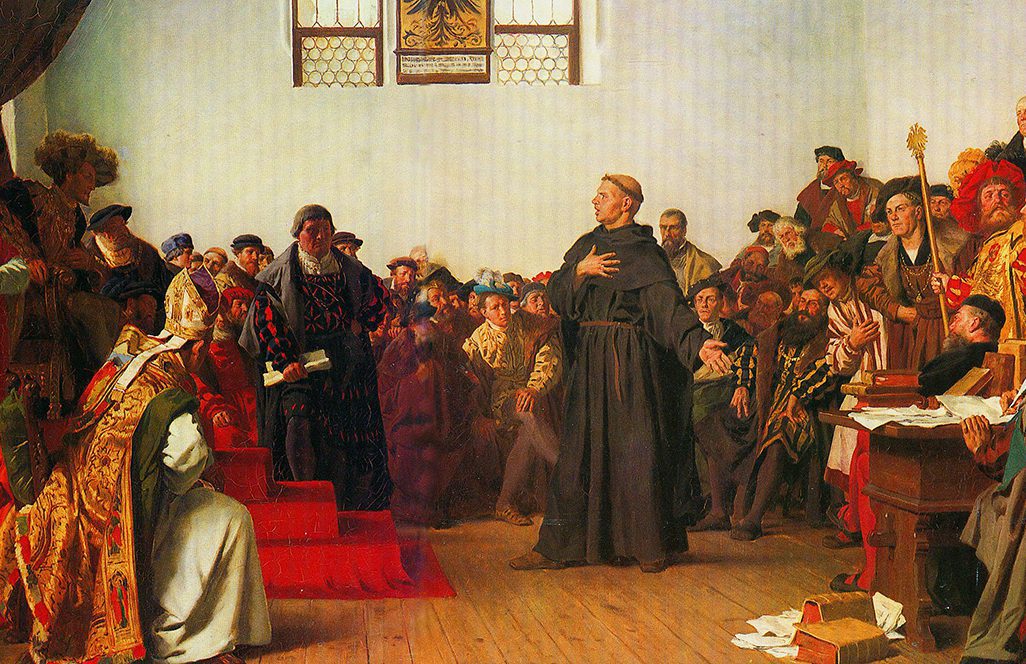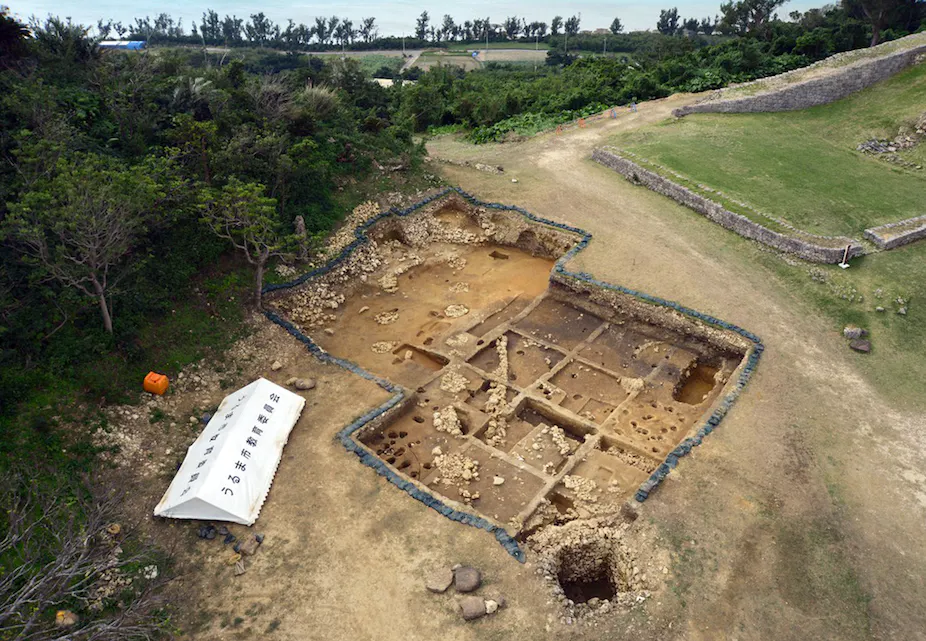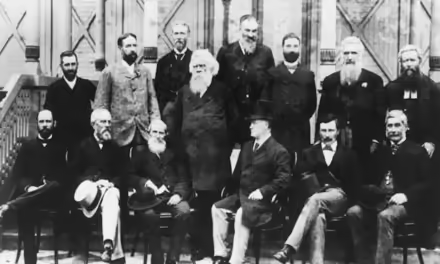History Guild supports the Australian Historical Association’s Statement in Response to the Trump Administration’s Attempts to Curtail Academic Freedom.
The Australian Historical Association stands in solidarity with our colleagues in the United States of America, where President Donald Trump is attempting far-reaching political interference in the work of historians and museum sector professionals. In his executive order signed on March 27, entitled ‘Restoring Truth and Sanity to American History’, President Trump alleged a ‘concerted and widespread effort to rewrite our nation’s history, replacing objective facts with a distorted narrative driven by ideology rather than truth’. The order requires Vice President JD Vance (as member of the Smithsonian’s board of regents) to work with Congress and the office of management and budget to block programmes at the Smithsonian that ‘degrade shared American values, divide Americans based on race, or promote programs or ideologies inconsistent with federal law and policy’. The AHA deplores the Trump administration’s attempts to impose a single version of American history. We share the concerns of our American colleagues that the Trump administration represents a threat to American historians’ freedom to produce ethical, excellent, and evidence-based research and to present the results of this research to the public through exhibitions, websites and other materials.
Australian Historical Association
Articles you may also like

General History Quiz 140
1. Who did the 1521 Edict of Worms decree was “a notorious heretic”?
Try the full 10 question quiz.

X Troop – The Secret Jewish Commandos of WWII
Reading time: 8 minutes
When we hear ‘Jewish’ and ‘World War II’ in the same sentence, our minds often lead directly to the Holocaust. The extent of Jewish resistance to the brutal treatment on their own was limited due to the extent of their persecution by Nazi or Nazi aligned governments. These governments generally had the broad support of the populace, making it hard for small groups of Jews within these societies to fight back. One exception to this were the Jews of Poland, the X Troop commandos were another.









